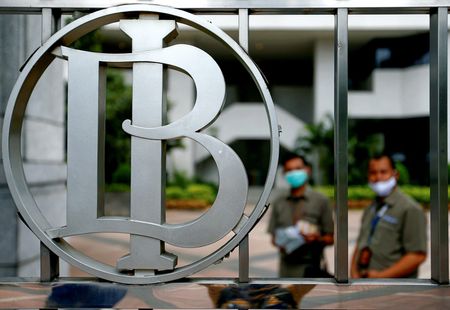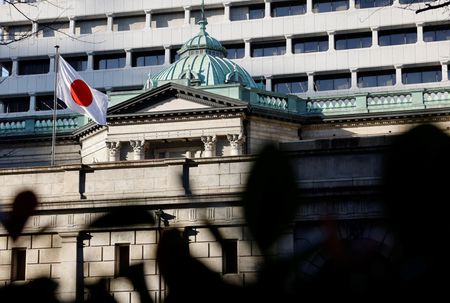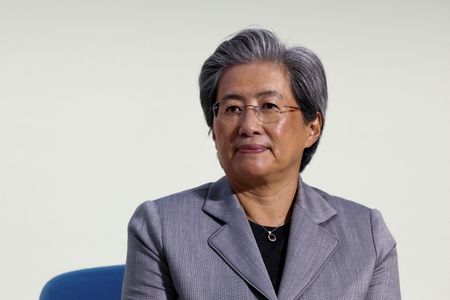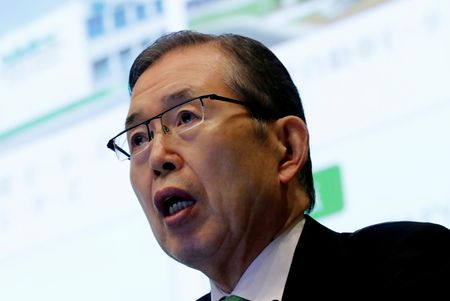By Gayatri Suroyo and Fransiska Nangoy
JAKARTA (Reuters) – Indonesia’s central bank left interest rates at a record low on Thursday to support the economy’s recovery from COVID-19 and said it sees no need to change its policy outlook after the Federal Reserve announced plans for a quicker bond tapering.
Bank Indonesia (BI) left the 7-day reverse repurchase rate at 3.50%, where it has been since February and as expected by all economists polled by Reuters.
Central banks in the Philippines and Taiwan also kept their respective interest rates unchanged on Thursday.
Governor Perry Warjiyo said BI’s decision was in line with the need to support the recovery and keep the rupiah stable, while flagging uncertainty around the spread of the Omicron variant and the U.S.
central bank’s tightening plans.
The Fed announced overnight it would end its pandemic-era bond purchases in March and pave the way for three quarter-percentage point interest rates hikes by end-2022.
Warjiyo said that while the Fed’s move will affect capital inflows into emerging markets like Indonesia, BI’s policy normalisation plans did not have to follow those of the Fed.
He reiterated BI would start reducing “excess liquidity” next year but would keep interest rates low until inflation shows signs of rising.
“Do not draw the conclusion that if the Fed Fund Rate rises, BI rate will do too.
That is not true,” he told an online news conference.
“Our decision on the level of BI rate will be determined by inflation and (domestic) economic growth in 2022, 2023 and 2024.”
Governor Perry Warjiyo said the economy would likely recover in the fourth quarter but BI kept its 2021 GDP growth outlook at between 3.2% to 4.0%, having downgraded it last month due to the impact of a deadly COVID-19 wave in the third quarter.
BI projected growth of more than 4.5% in the October-December quarter after it grew a slower than expected 3.5% in the third quarter due to coronavirus restrictions.
David Sumual, chief economist of Bank Central Asia, said Indonesia’s large trade surplus will provide enough U.S.
dollar supply to anchor the rupiah exchange rate, allowing BI to keep rates steady for a while and only raise them in the second half of 2022.
However, Bank Mandiri economist Faisal Rachman pencilled in a rate hike already in the first half of next year due to the Fed’s “hawkish strategy”.
“We see that the need for BI to maintain stability going forward will become increasingly vital,” Faisal said, adding that he expects 75 bps worth of rate hikes next year.
Warjiyo said BI will monitor the risk of another infection wave as Indonesia reported the first case of the Omicron variant on Thursday.
Inflation was at a 17-month high of 1.75% in November, albeit still below BI’s 2%-4% target range. BI reiterated inflation will return to within its target range next year.
(Reporting by Gayatri Suroyo and Fransiska Nangoy, Additional reporting by Bernadette Christina; Editing by Ed Davies and Ana Nicolaci da Costa)











